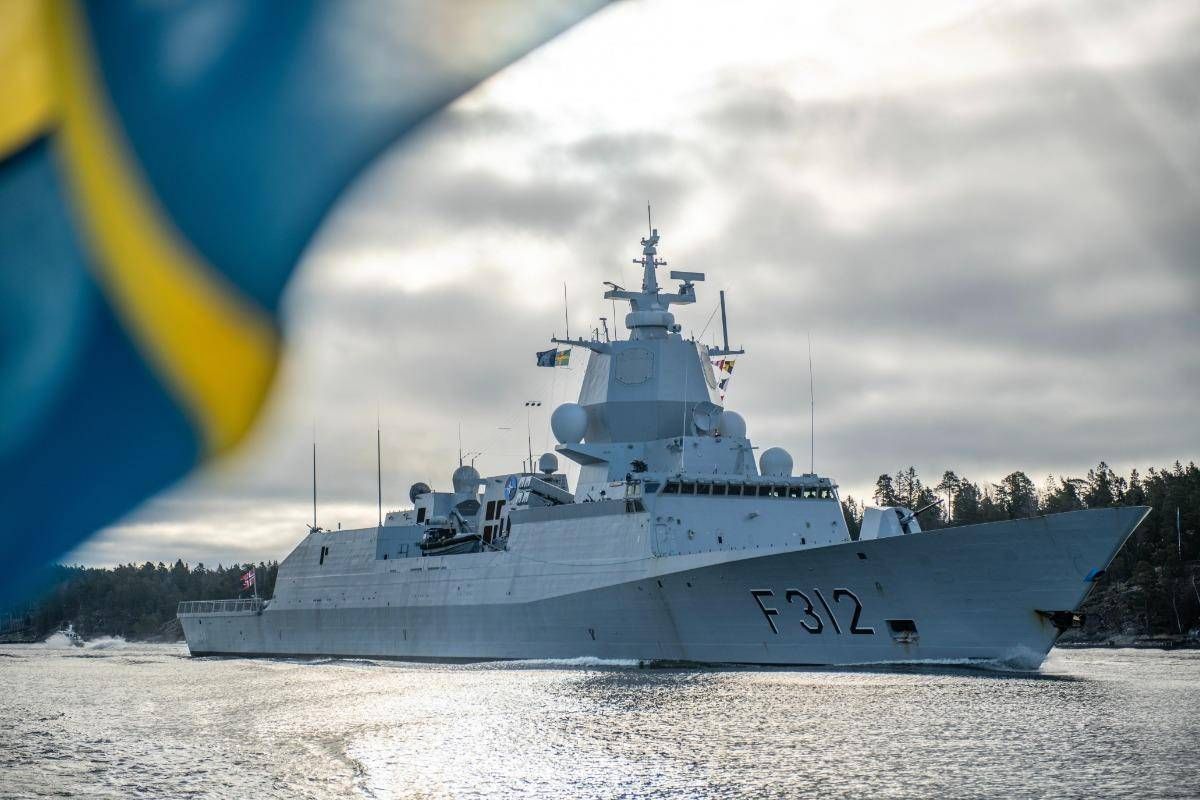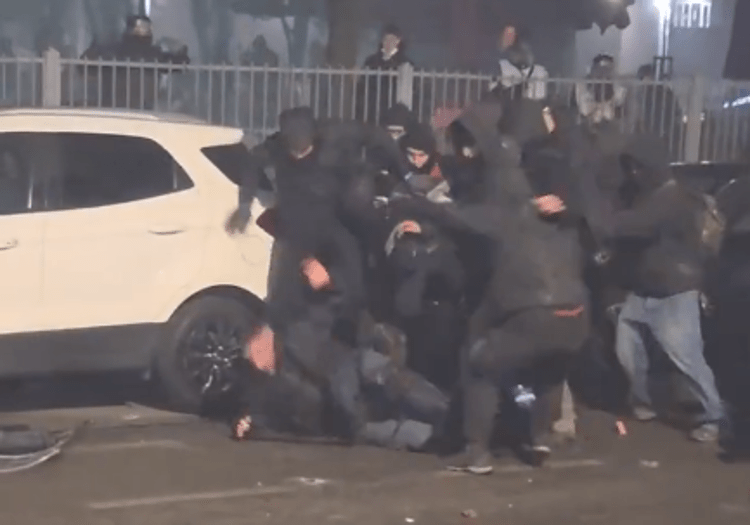
Baltic Sea: Nato strengthens military presence against Russian sabotage
Nato launches a new monitoring mission in the Baltic Sea to protect critical infrastructure from sabotage attributed to Russia, with the use of naval drones and advanced technologies
Nato has announced a significant increase in its military presence in the Baltic Sea to counter security threats to critical infrastructure such as submarine cables and energy pipelines. Aircraft, ships, satellites and a small fleet of submarine drones will be deployed in a new monitoring mission, aimed at preventing attacks and sabotage, believed to be linked to Russia’s so-called ‘shadow fleet’. This was stated by NATO Secretary General Mark Rutte at a press conference after a meeting with the leaders of the Baltic States.
The mission will be coordinated by US General Christopher Cavoli and will include the use of advanced technologies for monitoring maritime traffic. The operation was launched in response to a series of suspicious incidents involving submarine cables and vital infrastructure in the Baltic region, including sabotage attributed to Russia.
Rutte pointed out that ‘several submarine cables have been damaged in recent months’, highlighting that this infrastructure is crucial not only for energy supply, but also for global internet traffic and financial transactions, which amount to USD 1.3 trillion per day. According to Rutte, the increasing number of suspicious incidents, including damage to cables and sabotage, is part of a strategy of destabilisation by Russia against Europe, which includes cyber attacks and assassination attempts.
During the meeting, the Baltic NATO countries agreed to set up a group of legal experts to study legitimate actions that can be taken in international waters in case of threats to freedom of navigation. Finnish President Alexander Stubb reiterated the importance of deterrence and cooperation between the allies, announcing that ‘the capacity and willingness to act has increased’.
The most recent example of such incidents concerns a Russian tanker seized in December by Finnish authorities for suspected damage to submarine cables, including the Estlink 2 power cable and four telecommunication cables between Finland and Estonia.
THE LATEST NEWS
(Photo: © AndKronos)
-

 International-News18 ore ago
International-News18 ore agoThat Loose Cannon Sarah Ferguson and the Fear Becomes “Real”
-

 News15 ore ago
News15 ore agoDeraglia tram linea 9 a Milano: 2 morti e 48 feriti, conducente ha avuto malore VIDEO
-

 International-News19 ore ago
International-News19 ore agoBill Clinton Testifies on Epstein Case Amid UK RAF Investigation
-

 News19 ore ago
News19 ore agoI programmi TV italiani che hanno fatto la storia: successi, metamorfosi e nuove vite


















